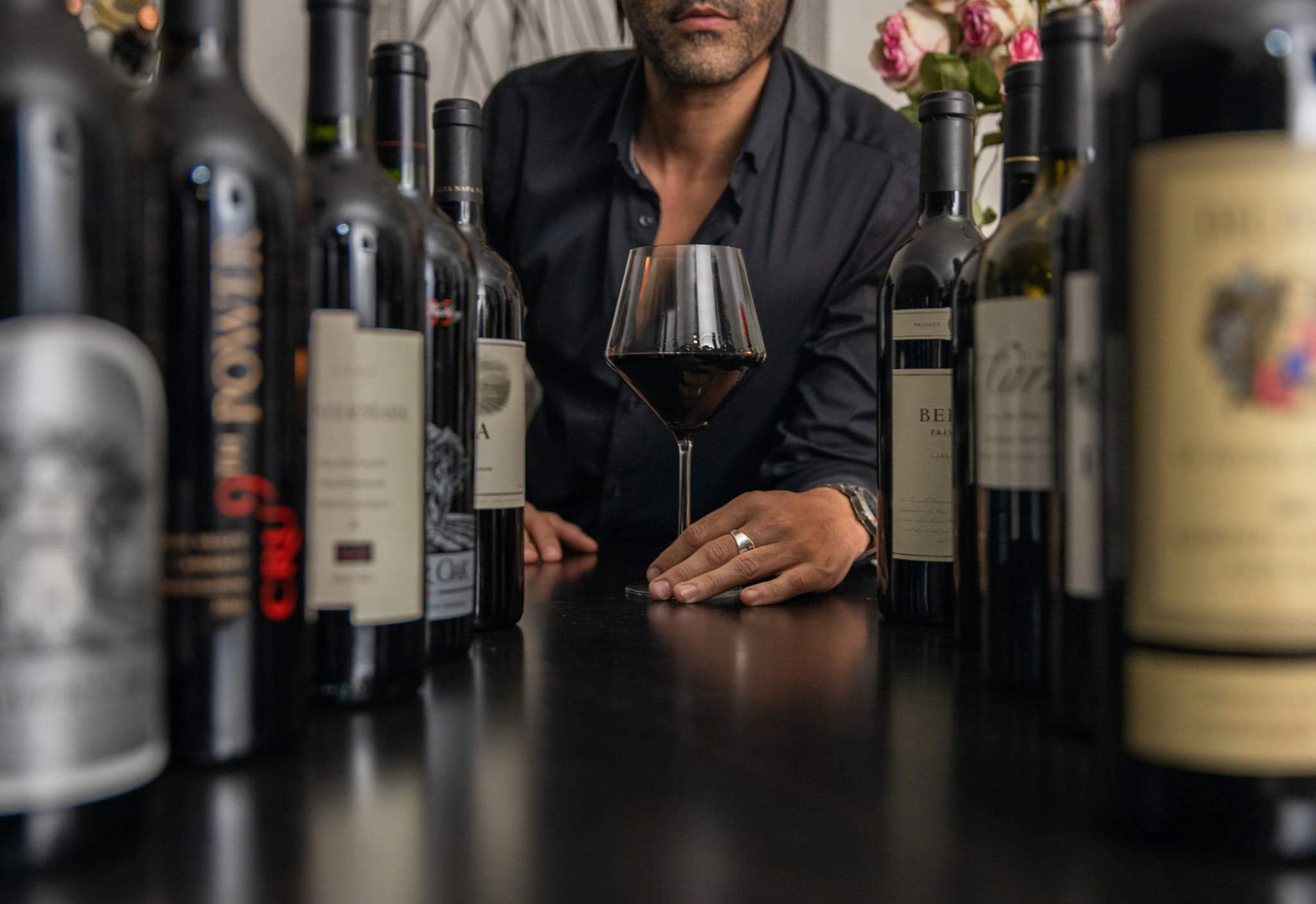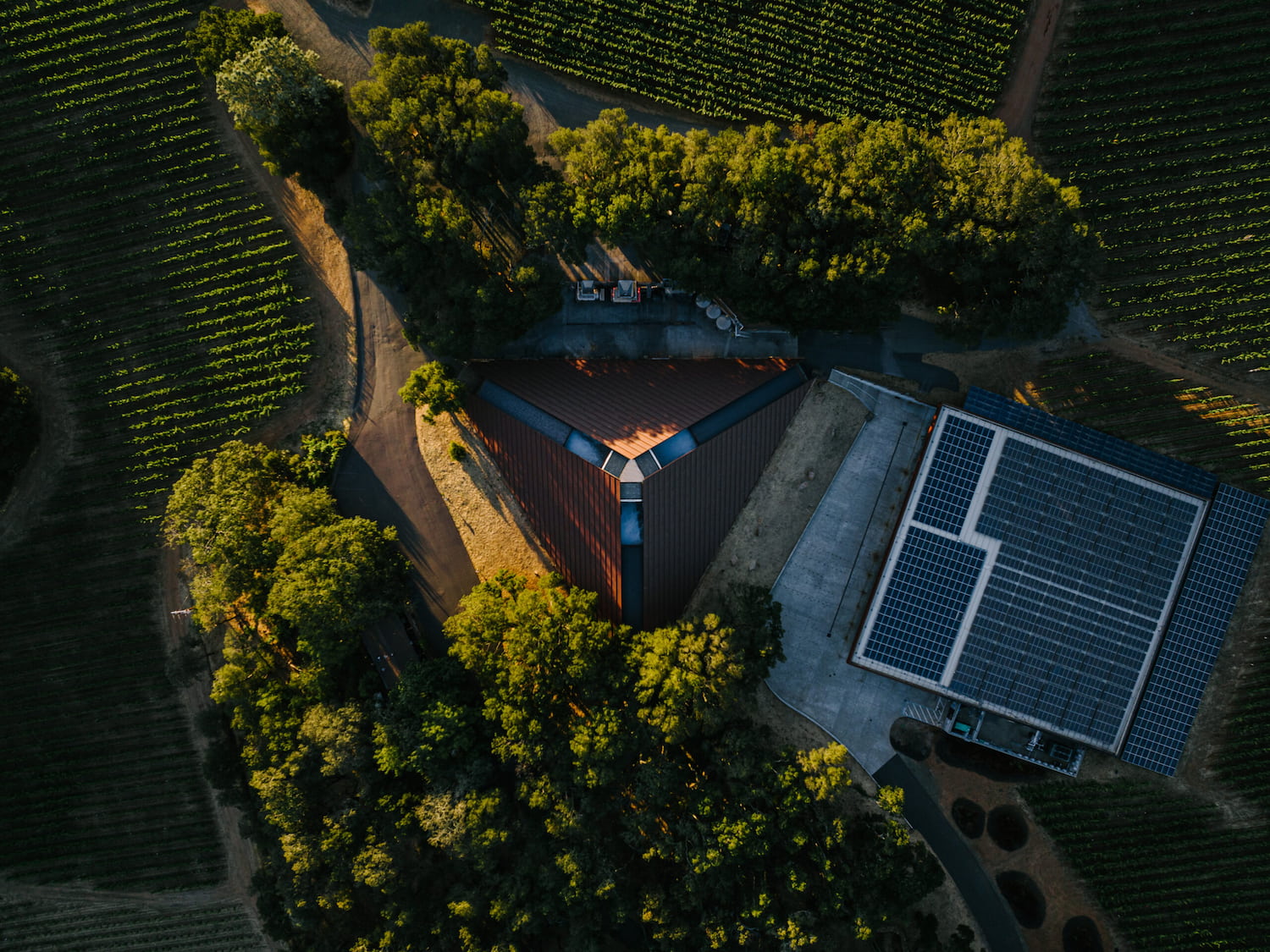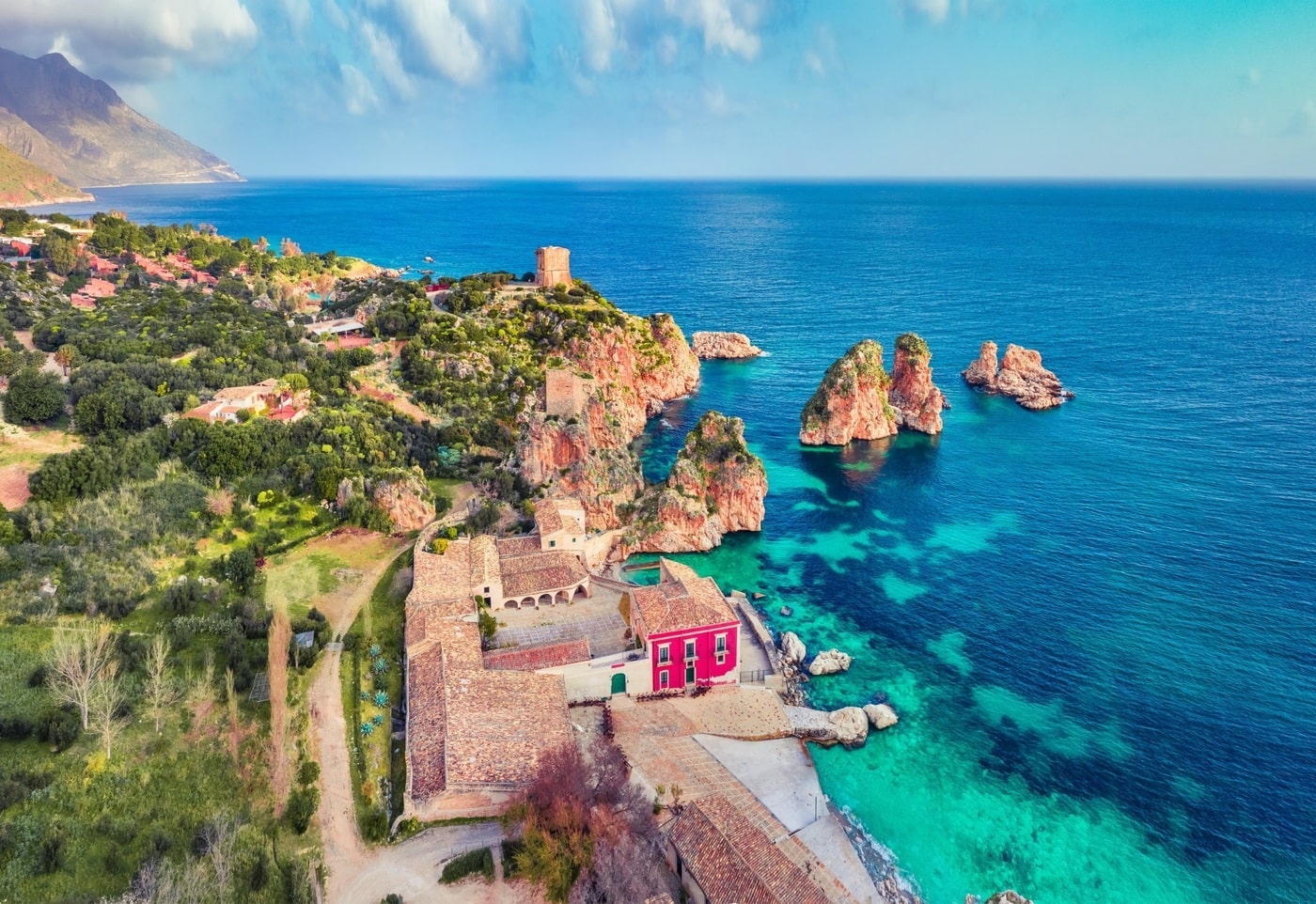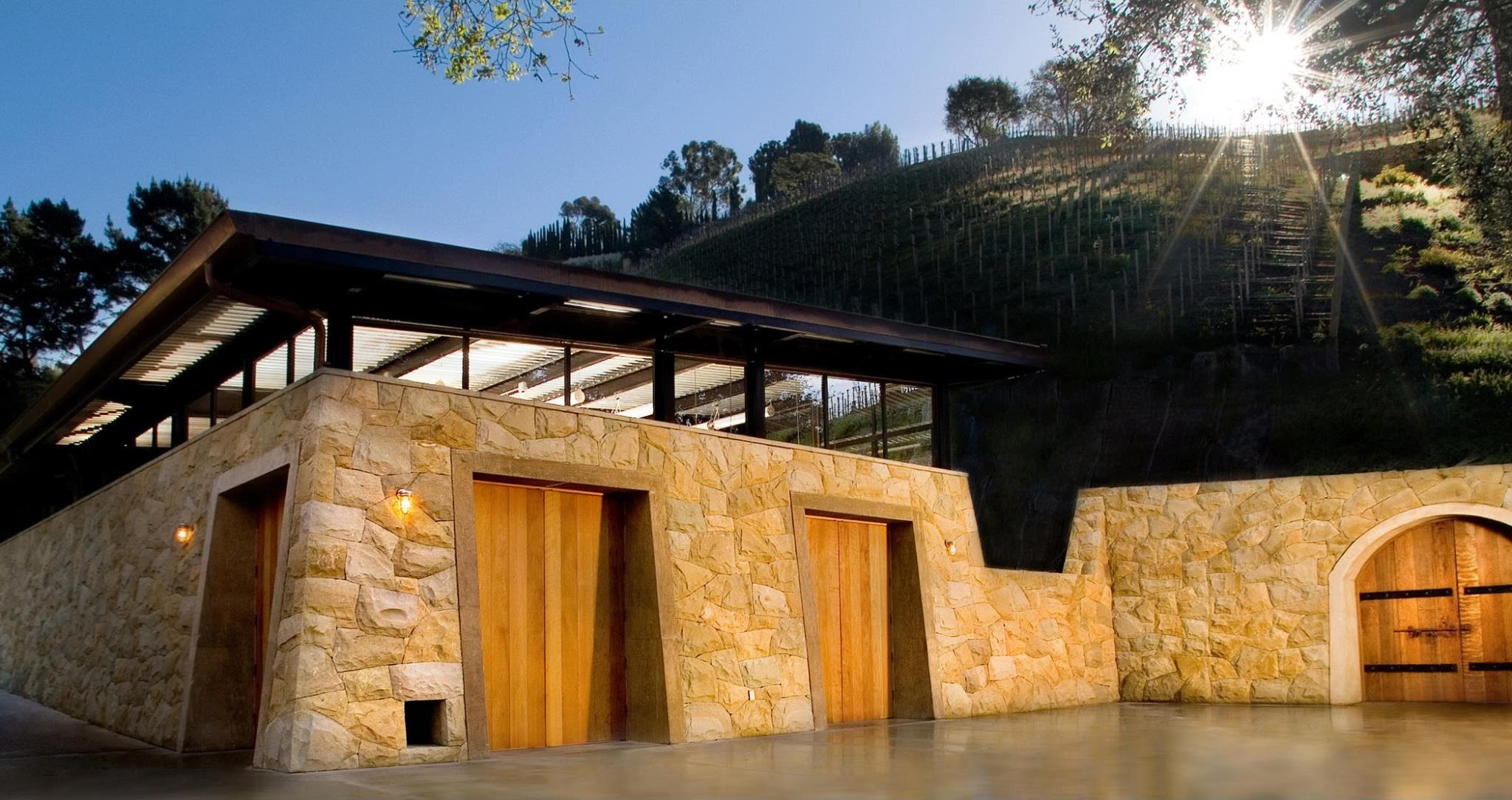As the world of wine ramps up production of ready-to-drink, boxed, or canned products consumers can easily throw into their grocery basket and sip without a second thought, it’s nice to know there are people like Will Hightower out there championing the brands who insist on doing things the right way.
A project manager in finance by day, sommelier, and wine event host by night, Will is turning his passion for the world of fine wine into a second career. And he’s bringing any who want to learn along for the ride.
“I want to support small, family owned vineyards,” he said.
“I don’t care how old they are, the color of their skin, if they’re making wine the right way, I want to talk about it.”
He started his wine brand business, The Cuvée Concierge as a way to share his passion for artisanal wines with people of all backgrounds with educational events and tastings, expressing the story of their brands while bringing folks together to experience it for themselves.
“Not only can [The Cuvée Concierge] educate people who don’t normally drink wine about wine,” he said.
“But I can also educate people who do drink wine about some of the evils of the wine industry.”

He said one thing that really opened his eyes in the early stages of his wine education is the lack of regulation and transparency in the winemaking process to the wine drinking public.
Mass production, chemical additives, dyes and more have long been the industry’s dirty little secret, especially as consumer pressure in the United States has been driving prices down on store shelves.
“During our gatherings, we talk about the truth about wine,” he said.
“Why certain wines are priced at a certain price point. Why people should spend a little extra time researching their win as opposed to going to the store and buying a $5 bottle. What true wine is.”
GETTING WHAT YOU PAY FOR
Part of the mystique of the world of wine is the perception of luxury accompanying it. Champagne and caviar, cellars packed full of countless dusty bottles and exclusive restaurants featuring lists only an expert can decipher jump to mind when daydreaming about a lifestyle that’s always just out of reach.
But luxury isn’t a pejorative by any means when it comes to wine. It’s something that’s been lost with today’s ready-to-drink, mass produced swill flooding into the wine aisle and posing as anything close to the real thing.
Luxury is why we’re drawn to wine and the experiences surrounding this little world connecting us with the ancients. And it’s why we love sharing it with those who matter most.
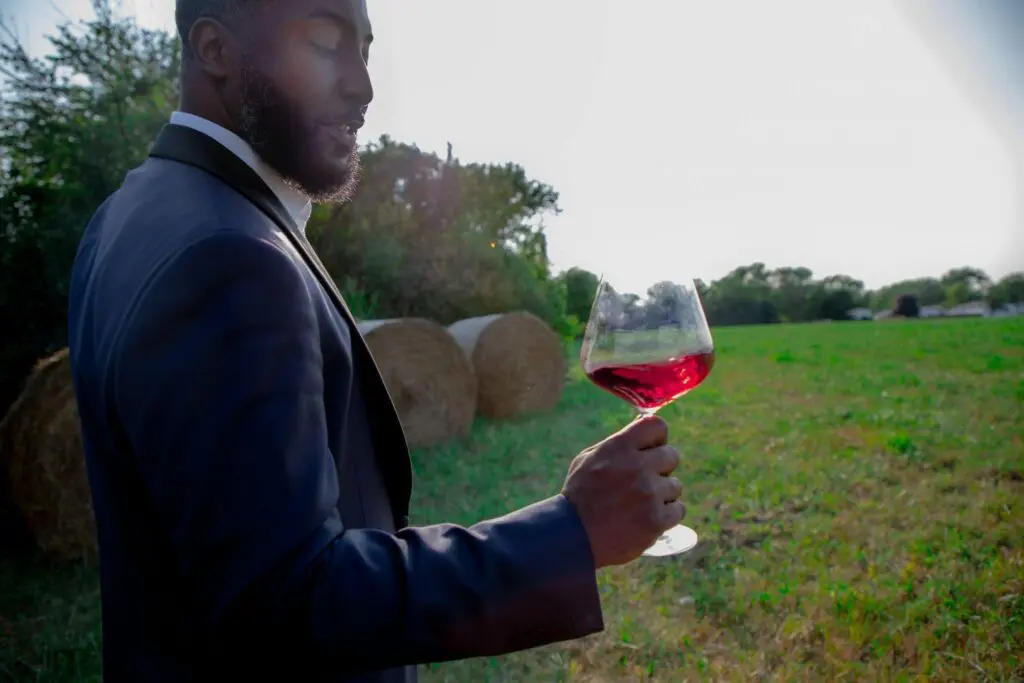
“If it’s cheap, somebody definitely manipulated it to taste a certain way,” Will said.
“Wine is like anything. It’s like a car or a diamond or an expensive handbag. It’s all about what goes into it.”
An example Will gives is in vineyard labor practices, which when done properly drive up the cost of a bottle but benefit the drinker far more than the premium they pay.
Any company can purchase a machine and a crop in order to produce wine of any varietal for an affordable end cost. But that machine isn’t going to have the discerning eye of a trained hand in the field, picking good grapes from bad and ensuring a higher quality product on the shelf.
A luxurious experience can be had when you know what you’re looking for and you’re willing to trade just a little more of your hard-earned scratch in exchange for the practices that ensure your glass is full of the kind of stories the wine world has been made up of for centuries.
“If you’re at a shop, looking at a bottle, just take out your phone and look,” he said.
“Some key words to look out for are: family-owned, sustainable, biodynamic, natural. Those are great indicators of quality wines made artisanally.”
TURNING WINE INTO WATER
As the beverage industry responds to consumer demands and churns out relatable, low-alcohol products, the wine industry faces its own dilemma when trying to draw in new palates.
Luxury brands in the clothing space have mastered the art of selling athleisure pieces retailing at well over $100 to younger people with limited disposable income. They do it through targeted ads, clever social media campaigns and product placement on trend-setting celebrities, building to a crescendo of gotta-have-it consumer demand evident from airplane aisles to the runway.
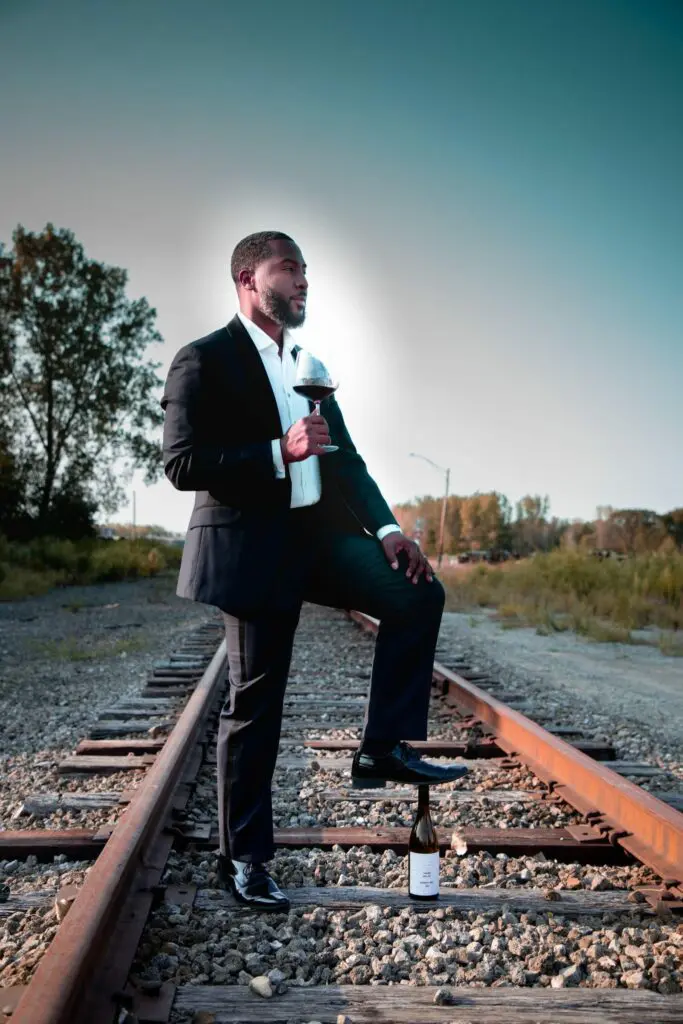
While most of those brands come and go with the season, wine brands carry stories that can date back centuries, and Will says it can be a hard line to walk to relate them to today’s drinkers.
“I find that we’re so focused on making wine relatable that we’re taking the true art away,” he said.
“I don’t want that. There is a way to make wine relatable and feel that everyone can be a part of it but you still have to preserve the history of these wines, the culture of these wines.
“You don’t want to water the wine down.”
He said wine professionals can use wine’s ancient stories to attract new consumers without making them feel small or on the outside looking in. Even with centuries-old wineries, he says each bottle comes back to the people who’ve given their time and effort to craft it.
And just like with the story of wine, Will’s story is one that keeps getting better with age. Without the passion for the process, artisan wines could be something we’re discussing in the past tense.
Not if he has anything to say about it.
A former newspaper reporter gone corporate, Evan's passion for premium content and wine found a perfect home with Monarch. He leads the content team and is always looking for great stories to showcase. Making his home in Denver, Colorado, Evan spends his time outside of work camping, hiking and skiing, pairing these outdoor adventures with fine wines from all over the world.






